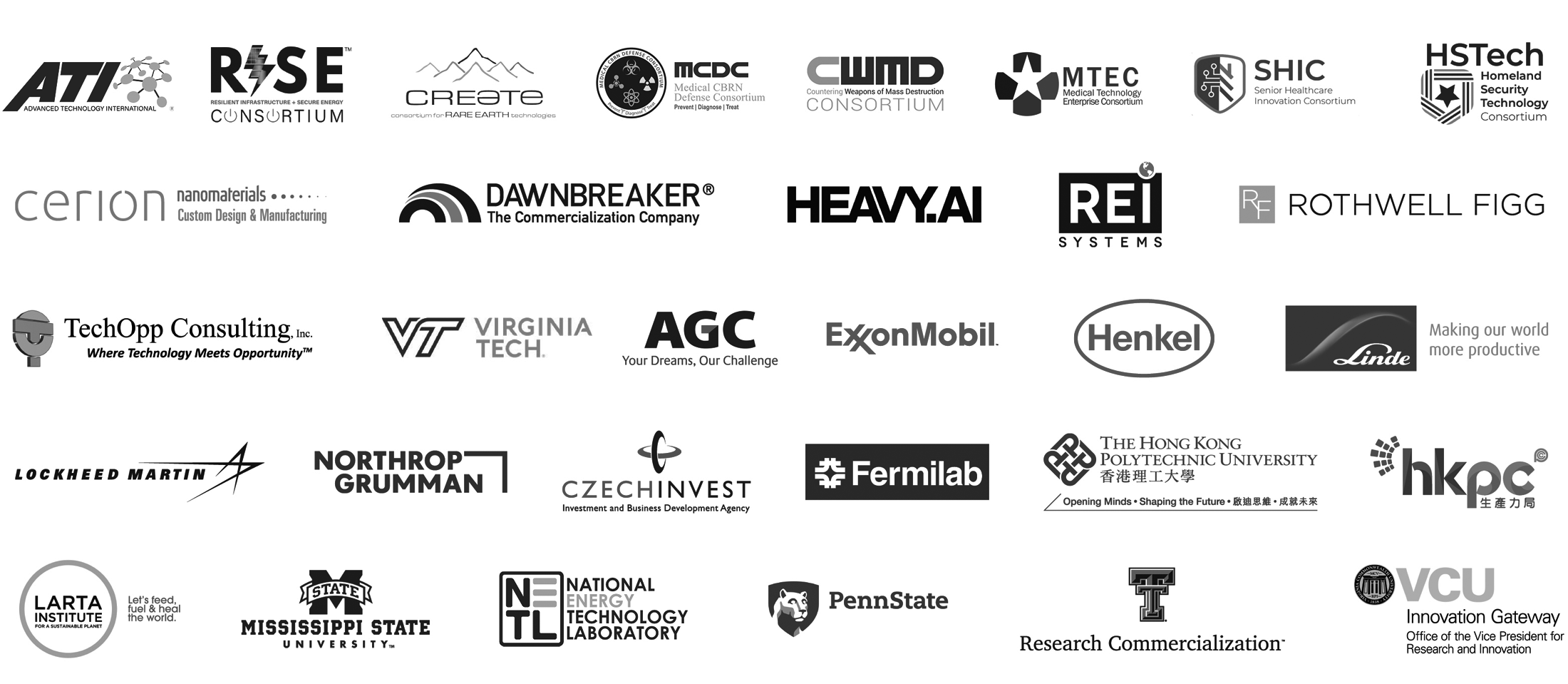2022 Innovation Showcase Participants
- Showcase Participants with Industry Area: Energy, Efficiency, Environmental and Maturity: Concept
Microwave heating to catalyze hydrogen gas generation from petroleum reservoirs
A method of using microwave heating or radiofrequency to catalyze hydrogen gas from petroleum reservoirs after hydraulic fracturing.
Bio-Based Solid-State Lithium-Ion Battery Technology
The Joint School of Nanoscience and Nanoengineering at University of North Carolina Greensboro has developed a bio-based solid-state electrolyte technology for solid-state batteries. Partnering with Minerva Lithium LLC, we aim to have a commercially viable and eco-friendly solid-state battery technology to meet the demand in solid-state battery market.
Pure-Phase Cubic Ni1-xMox Alloy Nanoparticles as Low-Cost and Earth Abundant Electrocatalysts for Water Splitting to Produce Hydrogen
A colloidal synthesis method was developed to produce inexpensive and earth abundant nickel-molybdenum alloy (Ni1-xMox) nanocrystals with sizes ranging from 18–43 nm for alkaline HER. This platform has the potential to directly replace the current commercially available, expensive, and extremely rare PGM catalysts for renewable and sustainable energy applications.





